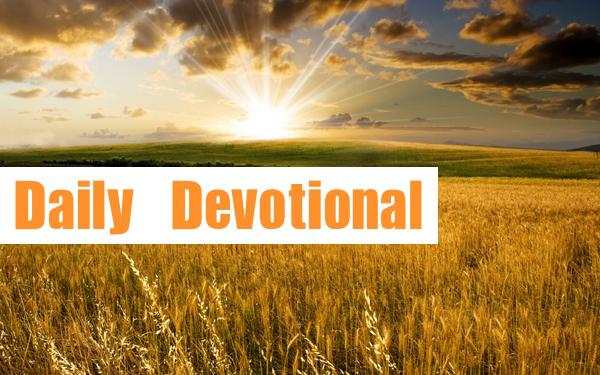
In Psalm 121, David describes the safety that he found in the Lord. Over the next two days, let’s look closely at several verses to better understand our security.
• “I will lift up my eyes to the mountains; from where shall my help come? My help comes from the Lord, who made heaven and earth” (Ps. 121:1-2). When this was written, robbers dwelled in the mountains, waiting for innocent travelers to become their unsuspecting victims. Needless to say, journeying through these hilly roads must have caused anxiety. David’s work as a shepherd took him into dangerous areas, where not only thieves but also wild animals posed a threat.
Our lives can be like mountainous territory. Do you look into the future and wonder what dangers lurk? The Lord is our helper; He is the only one able to protect us. Friends and relatives can offer limited assistance, but God knows everything and has all the power necessary to rescue us.
• “He will not allow your foot to slip” (Ps. 121:3). God has provided everything we need in order to avoid sin. The Holy Spirit directs and empowers us; the Word lights our path so we do not slip. Yet at times, we choose to sin. Almighty God could stop us from disobeying, but He doesn’t interfere with our free will. Instead, He upholds us, enabling us to walk in His way.
These opening verses of the psalm focus on the Lord’s ability to protect us in treacherous times. Whether trouble originates with others, external circumstances, or our own sin, we can find ourselves in danger and afraid. Thankfully, we have a loving God who leads us to safety.
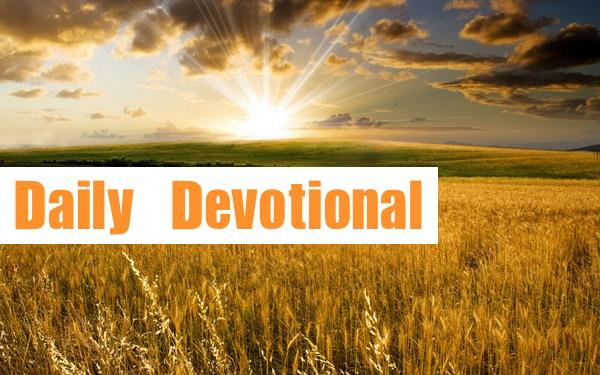
We like to think that our delay tactics are no big deal. After all, we tell ourselves, no one is really getting hurt by the things we put off. Over time, however, our choices to postpone action can develop into a lifelong pattern of procrastination. In today’s reading, the ruler Felix delayed making a decision about Christ and eventually turned away completely.
To get on track, we must change our attitude about procrastination, admitting it is a serious problem and noticing where we consistently put off action. It’s important to identify any feelings of doubt and discomfort that we may have, confess that procrastination has a hold in our life, and then decide in our heart to turn away from it. Tell God, “I want to live by Your schedule and please You by my obedience.”
Repentance should be joined by a commitment to actively embrace new ways of decisive living. Use God’s Word to fight against feelings of doubt and discomfort whenever they arise. Who we are in Christ and who He is to us are the truths needed to overcome bad habits. The Bible says that we are new creations, indwelt by God’s Holy Spirit, and we are no longer slaves to sin (Gal. 5:1). Jesus, our Savior, is also our Lord. He provides all we need through His resurrection power (2 Pet. 1:3), and His grace turns our weakness into strength (2 Cor. 12:9). Victory is ours through Him (Rom. 8:37).
When we order our life on the basis of Scripture, we will live by faith rather than feelings. Jesus offers to set us free from the bondage of procrastination. Don’t put off accepting His invitation!
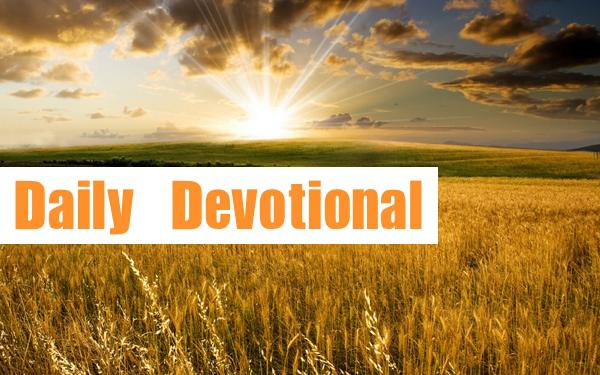
God has prepared work He wants us to do, and our delays in carrying out His plan constitute disobedience. That makes habitual procrastination a serious problem.
Praying, tithing, and daily Bible reading aren’t the only things Christians can put off. We can also delay:
Serving in the church. We volunteer to serve, but when the call comes, we say no. If asked, we might reply it is the length of the commitment that doesn’t suit us. At other times we say the position itself is not a good fit. In both cases, if we examine our feelings, we will find we are dodging what we do not like or feel inadequate to do.
Sharing our faith. We can get very anxious about how to express ourselves, what reaction we’ll get, and whether we’ll be able to give adequate answers. When insecurity threatens us, we often choose inactivity over obedience.
Surrendering our will to the Lord’s. Just thinking about giving God control in certain areas makes many of us feel fearful. So we cling to our way and avoid His. True submission says, “Lord, I am willing to do whatever You want in this situation. I will obey Your Word.”
After a while, because of our procrastinating ways, our spiritual growth is inhibited. Then our usefulness to God and our sense of joy in Him diminish.
The Lord has asked us to be His ambassadors, who represent Him to a hurting world according to His plan and timetable (2 Cor. 5:20). Therefore, procrastination has no place in the life of a believer. Which areas of your life does this bring to mind?
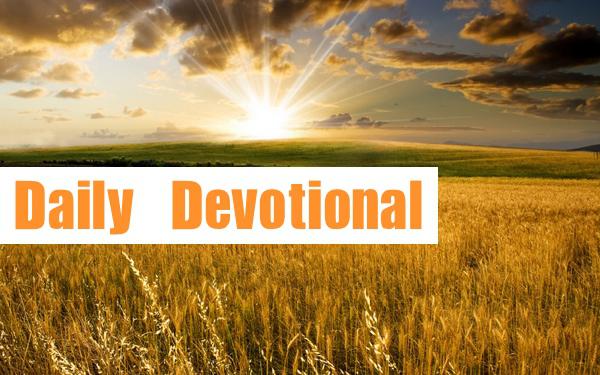
Colossians 4:2
Have you ever considered the fact that each one of us pays a price when we allow our prayer life to fall by the wayside? When there is such a lapse, we usually don’t stop to think about what a toll it will take.
When we fail to make prayer a priority in our life—essentially forfeiting our time alone with the Father—we will begin to feel an emptiness in our heart, accompanied by a strange sense of unrest and uneasiness. In contrast, when our prayer life is active, the weight of these burdens will be lifted from our shoulders by the mighty hand of God.
With this in mind, why would anyone choose to cease praying? The sad truth is that many of us have become so accustomed to weariness and hardship that we feel lost or uncomfortable without it. Yet if we continue to nurture this style of living, we will begin to rely upon ourselves instead of upon the Lord, thereby becoming vulnerable and at risk of disaster.
To avoid these difficulties, then, the clear solution is to place high priority upon our fellowship and communication with the Lord. After all, we must be in contact with our heavenly Father in order to hear His voice and to understand and follow His will for our life.
If you have allowed distance to come between you and your heavenly Father, confess this to Him today. 1 John 1:9 promises, “If we confess our sins, He is faithful and righteous to forgive us.” When you renew your prayer life—the most important part of your Christian walk—you will once again be able to experience God’s best.
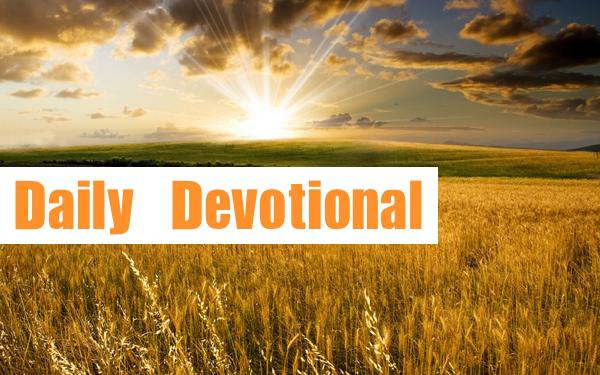
Waiting on the Lord is an important spiritual discipline in our walk of faith. King David’s life teaches us about the value of following God’s plan and the danger in moving ahead of Him.
When David was a young shepherd boy, he was anointed as Israel’s next king by the prophet Samuel. Yet he did not become the ruler for many years. Waiting for the Lord to place him on the throne was made more difficult because the current king, Saul, turned against David and repeatedly tried to take his life. Despite the opportunity to take matters into his own hands and kill his enemy, David held back. He wouldn’t allow anyone else to attack Saul, either (1 Sam. 24:1-7). He waited on God and was greatly blessed for his obedience.
When he was king, David learned the hard way why it is a bad idea to move ahead without the Lord. One year, he chose not to join his troops in battle, even though that was one of his duties (2 Sam. 11:1). During the time he stayed home, he noticed Bathsheba, the wife of Uriah, and he coveted her. Acting upon his desires, he conceived a child with her and then tried to cover up his sin. What a mess he made of his life. Instead of following the Lord’s plan and being blessed, he experienced divine chastisement and much heartache.
As believers, we want to obey the Lord, but there may be situations when intense desire propels us forward without waiting for His direction. Like David, we will experience the blessing of obedience or the heartache of disobedience. Be sure to seek out God’s plan before you act.

